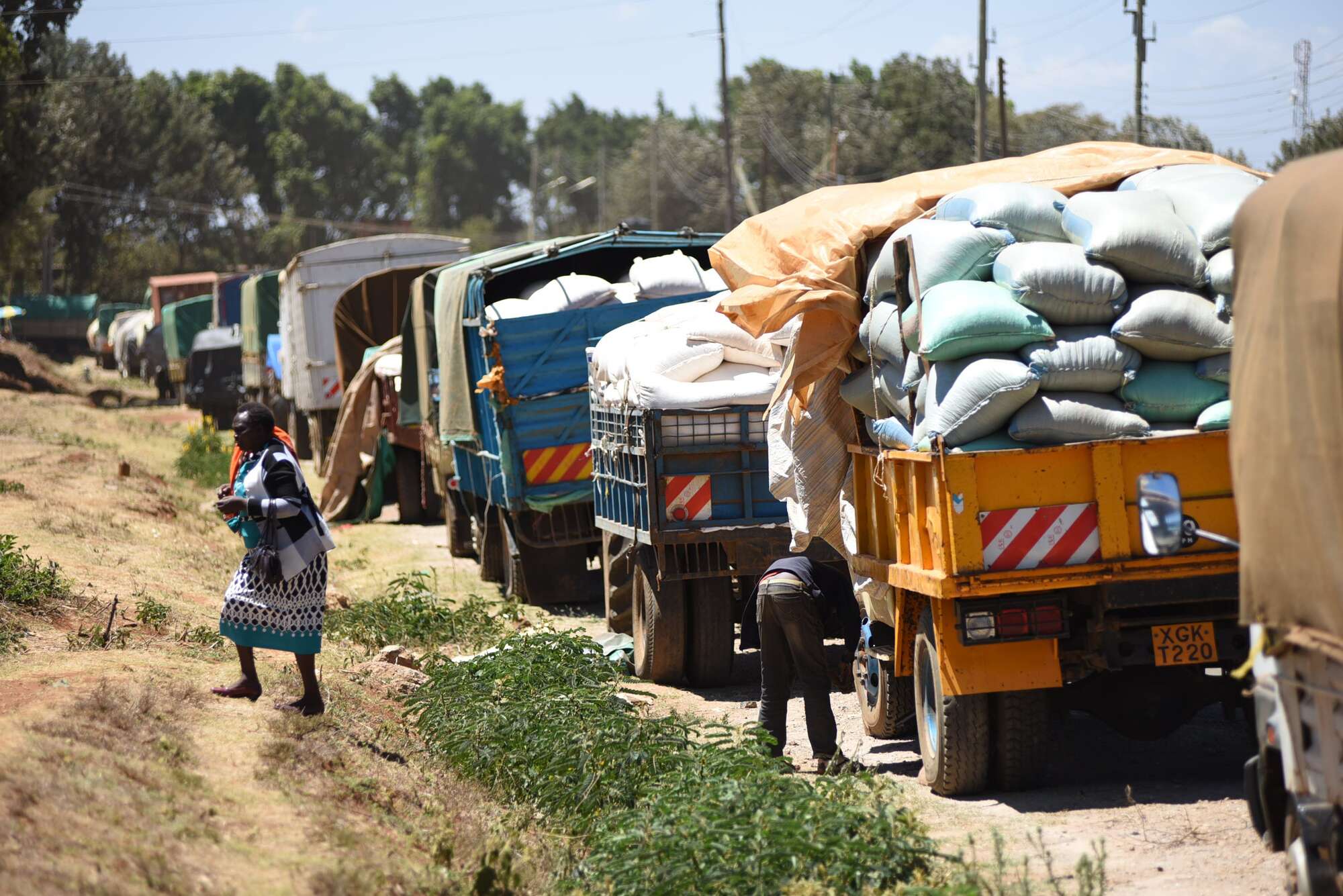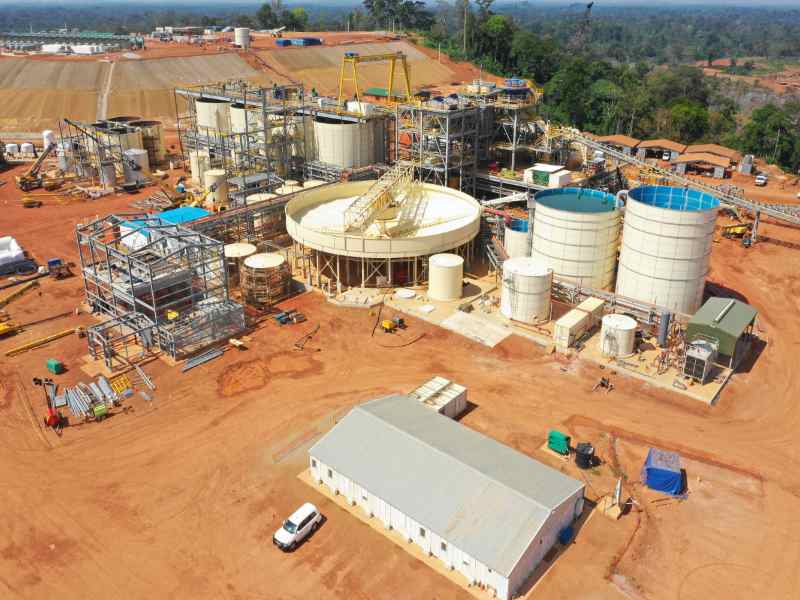Following the signing of a pact by Presidents William Ruto and Yoweri Museveni in Nairobi last week which resolved long-standing obstacles stifling cross-border commercial activity, some enterprises from the East African neighbours have started dealing again.
Trade in milk and sugar has returned, but a few businesses remain wary as certain taxes, notably those on Kenyan juice, are still pending review.
Simon Kaheru, vice-chairman of the East African Business Council and chair of the Ugandan private sector, while speaking with journalists noted that the Nairobi meeting was essential in facilitating trade between the two nations.
“So far, a number of our members involved in some sectors that were previously affected by the blockades have begun trading once again. We have had confirmation specifically from the sugar and dairy sectors that the situation has improved,” he said.
The two founding partner states of the East African Community (EAC) signed seven memoranda in the areas of public service management, education, SME development, sports, youth, trade, and investment during President Museveni’s state visit to Kenya. The leaders also decided to follow the EAC’s guidelines for the Common Market and Customs Union to end the trade disputes.
“We should eliminate barriers that hinder trade between Kenya and Uganda and East Africa and Africa as a whole. Protectionism is not good for Uganda, Kenya or Tanzania,” President Museveni said.
“All the issues around [trading in] rice, fruit juices, sugar, furniture, eggs, chicken and all the other issues are now resolved,” Dr Ruto declared.
However, the Ugandan private sector is still cautious. Mr. Kaheru said, “We have been down this road many times because just as we start celebrating, another roadblock is erected.”
Uganda has been Kenya’s top export destination for many years. However, Kenya banned Ugandan sugar in July 2020, going against a previous deal that increased Uganda’s sugar shipments to Kenya.
“Our aspiration is for trade to be smooth the way it was designed to be before these borders were thought of by foreign influences. We need to stop being our own enemies and live up to the dreams of our forefathers, growing this region and continent together at the same pace as Ubuntu meant.”
Kenya outlawed the importation of any chicken carcasses, meat, or eggs in January 2021. This has increased suspicion that, despite the two nations’ agreement to abolish tariffs, some items, including Kenya’s juice, will continue to be subject to excise duty until the Ugandan Ministry of Finance expeditiously drafts a bill to change the tax rates.
Ugandan Foreign Minister Gen. Odongo Abubakhar and Kenyan Prime Cabinet Secretary Musalia Mudavadi agreed to revisit the 13% excise charge levied on Kenyan juice during their consultative sessions in Kampala. For example, the current duty rate on Kenyan juice is 12%. It would take time for this to be changed.
“There are ongoing consultations in Uganda to have the excise duty Amendment Bill 2024 in consideration of widening the scope coverage of 12 percent excise duty or removing it on Kenyan juice, whichever will be determined, ‘ said Gen Abubakhar.
Both nations concurred that discriminatory import tariffs, taxes, and levies should not be applied to commodities coming from other EAC nations. Furthermore, no commodities shall be present in EAC countries in accordance with the treaty.
Kenya put poultry and maize to the list of goods from Uganda that are prohibited for export in March 2021. Kenya claims the prohibition was implemented to help farmers there recover from the interruptions to livestock trade caused by the Covid-19 outbreak starting in 2020.











































